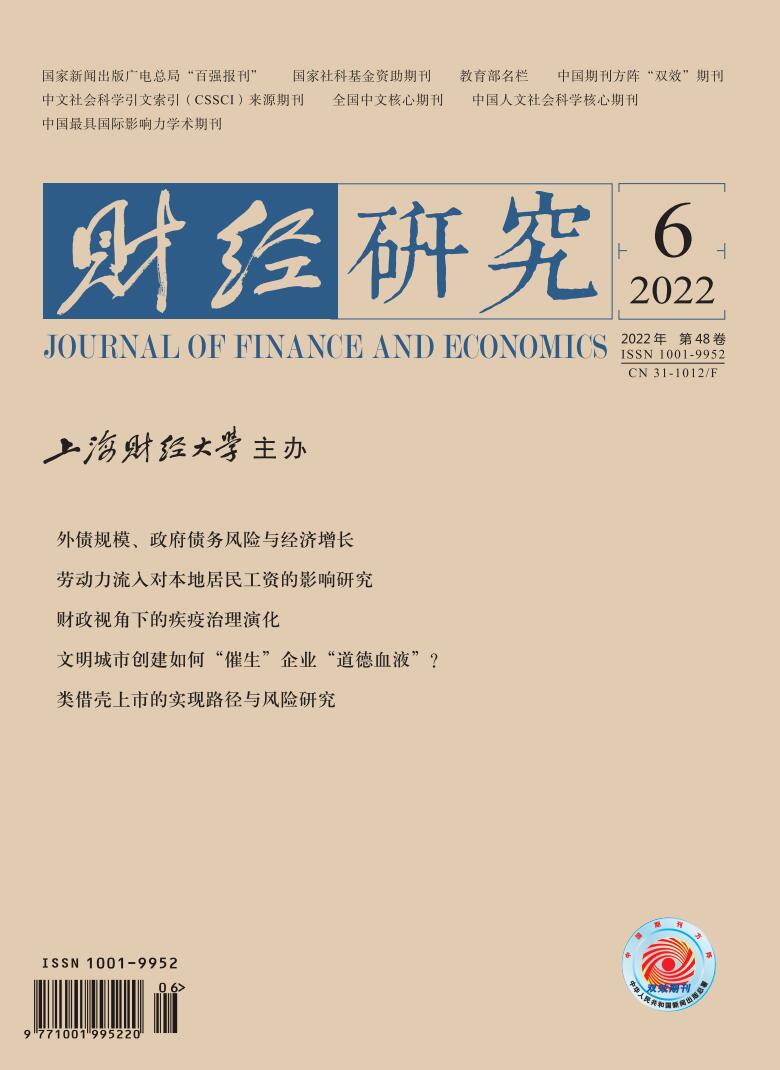The epidemic is a disease for all. The treatment of epidemic diseases in Chinese society has experienced a transformation from avoiding epidemic diseases, treating epidemic diseases, and then to epidemic prevention. As an important tool of national governance, finance is always the key to prevent and resolve risk shocks. At the beginning of 2020, an outbreak caused by COVID-19 spread rapidly from Wuhan, Hubei to the whole country, and became a public health emergency which aroused international concern. This sudden epidemic disaster has seriously impacted people’s psychological endurance and social operation order, and brought physiological diseases and life crisis all over the world. Properly dealing with the major epidemic crisis is no longer a simple medical and health problem, but a social development problem related to the survival of the whole people and national governance.
Taking the six major epidemic diseases since the Ming and Qing Dynasties as the research object, this paper compares financial measures, financial governance paradigms, financial positioning and financial value orientation to deal with the epidemic impact in different periods. The research finds that: (1) The financial measures to deal with the epidemic impact have changed from hasty rescue in the traditional period to active treatment in the modern period, and finally achieved both prevention and control. (2) The financial governance paradigms to deal with the epidemic impact have changed from official relief under the guidance of imperial power to extensive participation of social forces, and finally presented a new situation of coordinated governance. (3) With the gradual improvement of national governance capacity and governance level, the financial positioning to deal with the epidemic impact has changed from relief to basic and pillar. The above changes reflect the fundamental transformation of the financial value orientation of epidemic governance from governing the people to serving the people. Looking back on the course of epidemic control in Chinese history and reflecting on the national governance model and governance system under financial control can provide new theoretical and empirical evidence for the prevention of global risks and the financial construction of large countries in the new era.
Compared with previous literature, in terms of research perspective, this paper breaks the barriers between history and economics, and explores the transition of national governance system and governance capacity behind epidemic governance in different historical periods from the perspective of finance. In terms of research content, this paper focuses on the differentiated characteristics of finance in different historical periods and different historical events, and deeply reflects on the transformation of China’s financial positioning and financial value orientation based on epidemic control in the process of historical evolution. In terms of research conclusion, this paper deeply analyzes the theoretical and historical basis behind the fiscal policy, and explores the unique characteristics of the people and the times of finance as the foundation of governing the country, in order to provide valuable clues and enlightenment for deepening the reform of financial system and innovating financial functions in the new era.





 4899
4899  5950
5950

